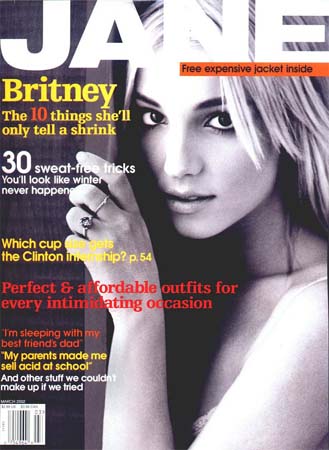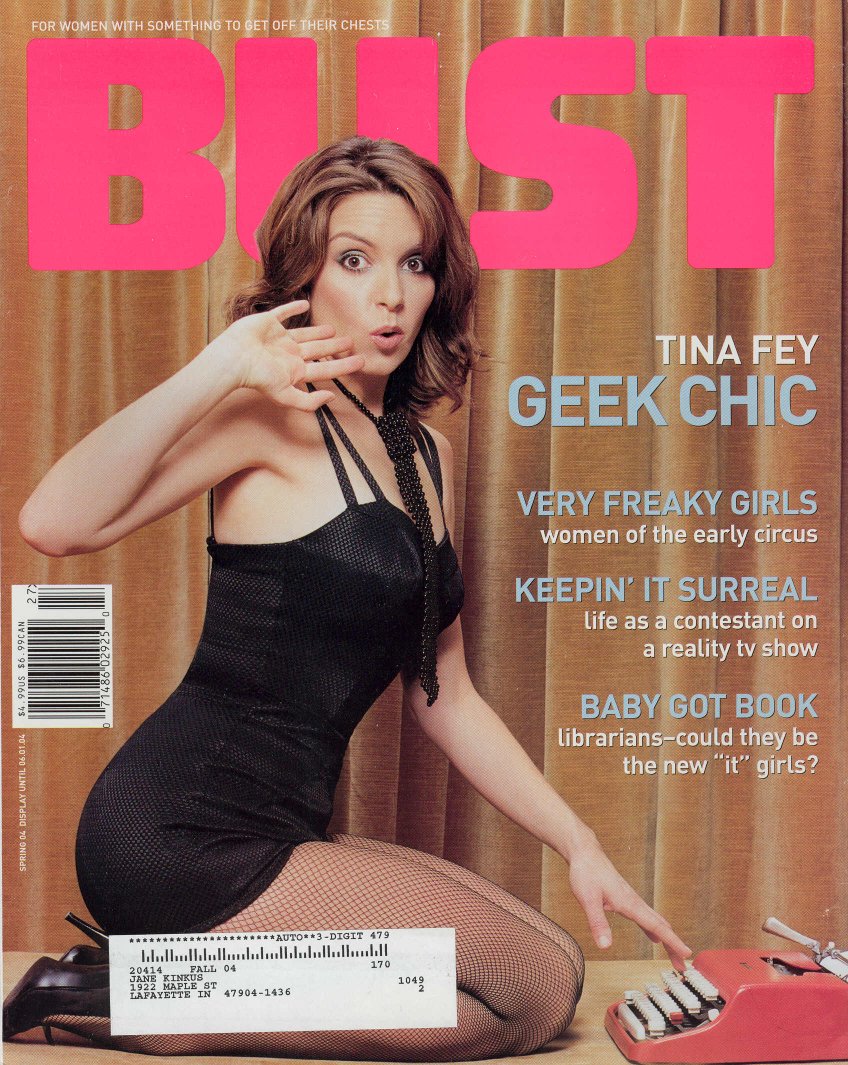
J.K. Rowling has done the impossible. She’s made millions of people read. In a world where people are growing more and more reliant on their Ipods and Sidekicks than on encyclopedias and literary classics, some people are worrying about the state of literacy.
These people may have cause to worry. Last year 27% of Americans didn’t read any books and in 2002 only 57% of Americans read a book.
Rowling may be of help in alleviating some of these worries, as she was just named the #1 Entertainer of the Year by Entertainment Weekly.
This is no small feat since most magazine covers would have you believe that people are more interested in the relationship troubles of Angelina Jolie and Brad Pitt than Romeo and Juliette, or Cathy and Heathcliff.
By July of this year, before its release, Rowling’s final installment of the Harry Potter series, Harry Potter and the Deathly Hollows, was already a bestseller on its first day of online pre-orders alone, according to CNNmoney.com.
According to Oregon Literacy, Inc., Harry Potter has had an enchanting effect on literacy. In the UK alone, in 2005, 59% of children cited books as improving their reading skills, and 48% of those said the Harry Potter books were why they read more.
While children may be more zealous about reading, it’s adults that may present the biggest problem.
In a study of literacy skills conducted last year on college campuses, it was discovered that half of the students at four-year universities, and three quarters of students at two-year universities could not interpret tables or understand newspaper editorial arguments, according to msnbc.com.
While overall the study did show students had an intermediate level of literacy, it is nonetheless distressing to learn that half the students at four-year universities couldn’t compare interest rates on credit card offers.
Perhaps even more distressing is that they’re better off than most adults. Compared with adults outside of college, with a similar amount of education, college students were better at researching and using information from texts and documents. However, to put this into perspective, this may simply be because most college students are practicing these skills more often on a day to day basis as requirements for their school assignments.
Some critics aren’t as worried about the decline of literacy when it comes to reading books. Dennis Baron, who writes a blog about language in the media, is considerably less concerned about the decline of reading books than his peers.
To Baron, the decline in book reading and increasing dependence on technology doesn’t create illiteracy, but a new form of being well read.
Baron points out that the average person hasn’t stopped reading just because she’s not reading books. The average person is constantly reading, in fact. Road signs, billboards, T-shirts, and television news scrawl, all engage her in the act of reading. It may not be Chaucer, Dickens, or Danielle Steel, but it’s reading, nonetheless.
Whether you feel the fate of the world’s literacy rate is vastly waxing or waning, one thing is true: JK Rowling does have an awful lot of people reading books. An awful lot of people are reading books that otherwise would be playing with their Wii systems.
The first six Harry Potter installments sold 325 million copies alone. The jury may still be out on whether this is demonstrative of a new trend, but 325 million is admittedly a large number of people engaged in the act of reading the same books.

